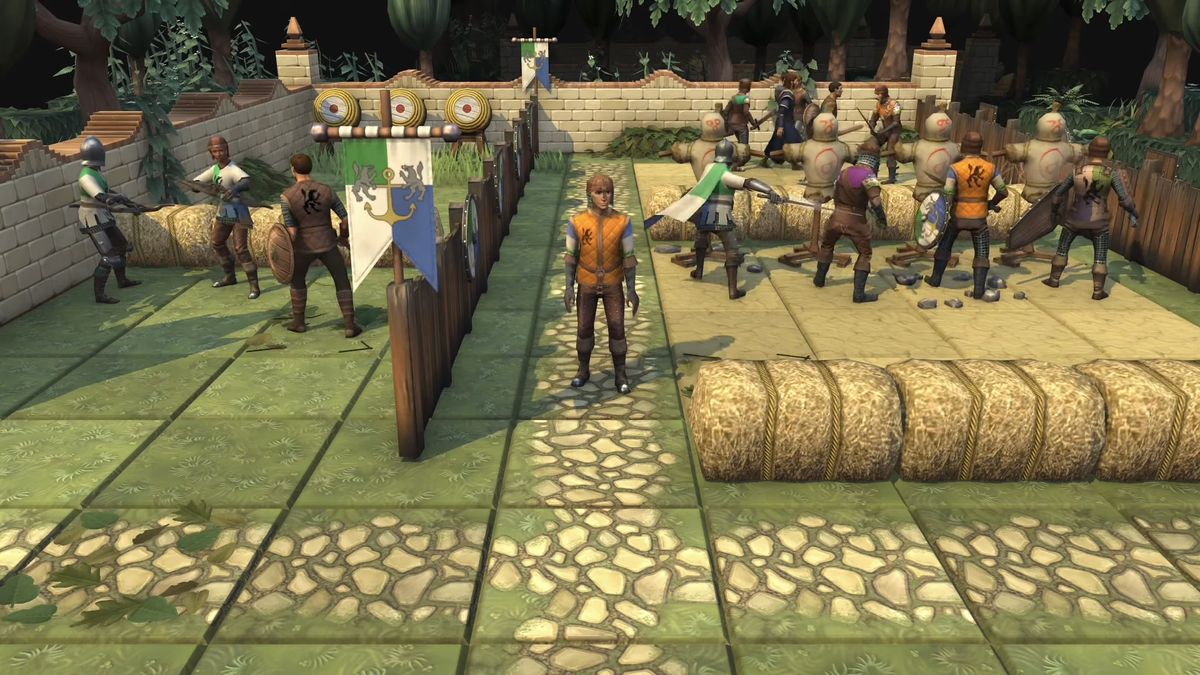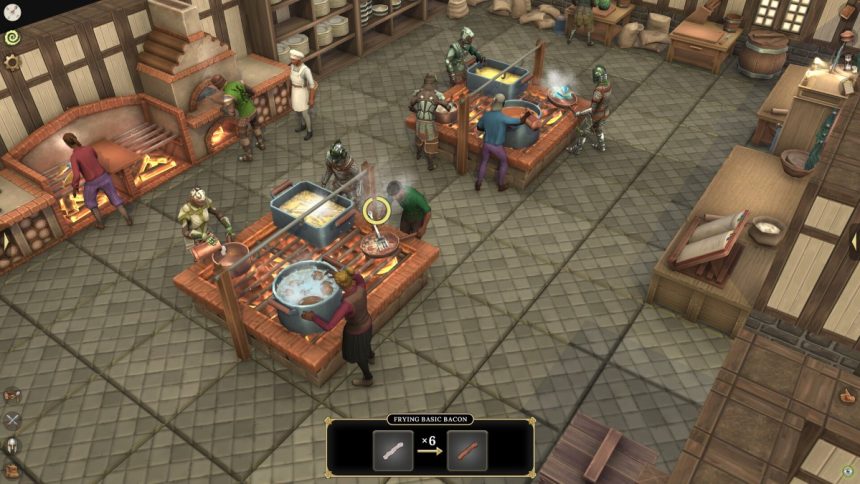The launch reception for Brighter Shores, a new free-to-play MMO from RuneScape creator Andrew Gower, has been mixed but slightly positive, with the game holding a 67% positive rating from over 3,000 Steam reviews. One of the key points of discussion has been the game’s class or profession system, which introduces a new profession with each episode of content rather than progressing through a continuous skill progression like most MMOs, including RuneScape.
This approach has prompted significant feedback, and Gower addressed the system in a detailed Steam blog post, asking players to give the game a chance as the system evolves.
The core of the profession system is that when a player starts a new episode, they gain new professions to focus on, while their previous episode’s professions remain intact. Gower emphasized that the professions from earlier episodes are not reset or made irrelevant, and they continue to be useful in certain areas.
For example, in the second episode, Hopeforest, players will encounter four new professions, but their progress in Episode 1 remains useful when revisiting the original content. The focus on new professions in each episode aims to offer a fresh experience for players without making prior work redundant.
Gower explained that this system helps balance the game for both dedicated and casual players. By resetting professions at the start of each episode, everyone is on an equal footing, preventing players who spend many hours from outpacing those who play less frequently.

Without this system, the game could become unbalanced, where veteran players find new episodes too easy, and new players are overwhelmed by content that’s too difficult. The profession resets also avoid the common MMO issue of “dead content” where higher-level players bypass earlier areas as they progress through the game.
The game’s design focuses on what Gower describes as a “breadth and depth” system. Each episode introduces new content quickly, while players can dive deeper into mastering the professions specific to each episode. Episodes are heavily interconnected, allowing players to travel back and forth between them.
For example, players might use combat skills from later episodes to gather materials needed for crafting in earlier episodes. This interconnected design aims to maintain player engagement by offering both short-term novelty and long-term mastery.
In response to community feedback, Gower acknowledged that the professional system is not perfect and that further adjustments are underway. One such change is the addition of a visible total profession level to reduce the feeling of a reset. Players have also suggested content that requires multiple combat professions to progress, which Gower indicated is a potential direction for future updates.
Additionally, the development team is focused on improving in-game communication about the profession system to prevent misunderstandings and reduce the grind associated with trying to complete content before advancing to new episodes. The development team remains open to further player suggestions as they refine the game’s systems.







